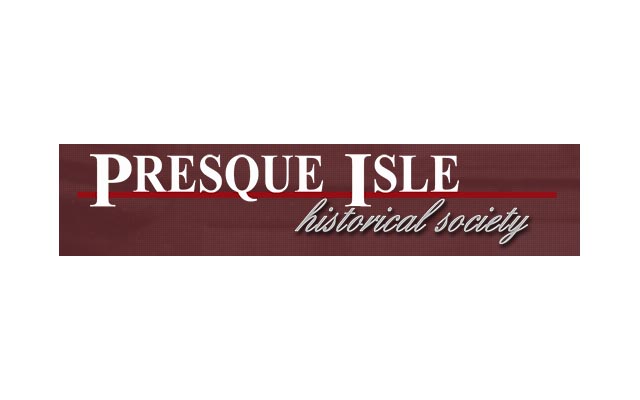PRESQUE ISLE, Maine — Recently, Edwin Parkhurst’s (1893-1963) large wooden chest measuring 32” deep x 54” wide x 26” high, which served essentially as his “mobile office” in a corner of his potato house, was donated to Presque Isle Historical Society, and is part of a Portland exhibit on food.
According to Katie Clark, communications manager for Maine Historical Society, “Food is the universal building block of life. The food we eat shapes our lives, our memories, and our identities. This new exhibition opens during Portland’s Restaurant Week and explores Maine’s unique relationship with food. Using historical and contemporary stories of individual people and communities Maine Eats tells the Maine food story.”
On March 2, Maine Historical Society in Portland unveiled a new exhibition entitled Maine Eats: The Food Revolution Starts Here.” The exhibition will show Maine’s history of food and Mainers love for it from lobsters to whoopee pies and everything in between. Visitors will learn things such as how Amato’s was started to how the red snapper hot dog came to be.
The discussion on what Maine eats wouldn’t be complete without the Aroostook County staple of potatoes. Included in this exhibit are some of the artifacts contained in Edwin Parkhurst’s wooden chest, as well as a photo of the chest (the actual chest was deemed too large and too heavy to exhibit). In addition, Presque Isle Historical Society member Kim Smith was quoted on her childhood memories of hot potato donuts and is pictured as she recently made a batch to enjoy for breakfast.
Items in the chest varied from a check imprinter and tags imprinted with the name Elisha Parkhurst and the type of potato to metal shears, wooden pulleys, and wrenches.
Elisha Parkhurst was born in Dresden, Maine and came to this area as an itinerant merchant. In 1858, he bought a 320 acre farm in Maysville (which was annexed by Presque Isle in 1883). In addition to farming, he sold farm machinery and operated a starch factory along the Canadian & Pacific Railroad line on what is now known as Parkhurst Siding Road. His farm was situated on a road originally known as Parkhurst Road and now called the Brewer Road.
The US Department of Agriculture credits Parkhurst with having invented an important piece of equipment — the potato sprayer. He served on the Board of Agriculture and the local and state Grange, was a Maine legislator, a Mason, and an organizer and deacon of the Presque Isle Congregational Church.
The exhibit runs through Feb. 9, 2019. For information contact MHS at (207) 774-1822 or visit www.mainehistory.org.
For more information on the Presque Isle Historical Society, call 762-1151, e-mail pihistoricalsociety@hotmail.com, or visit their website at www.pihistory.org.





